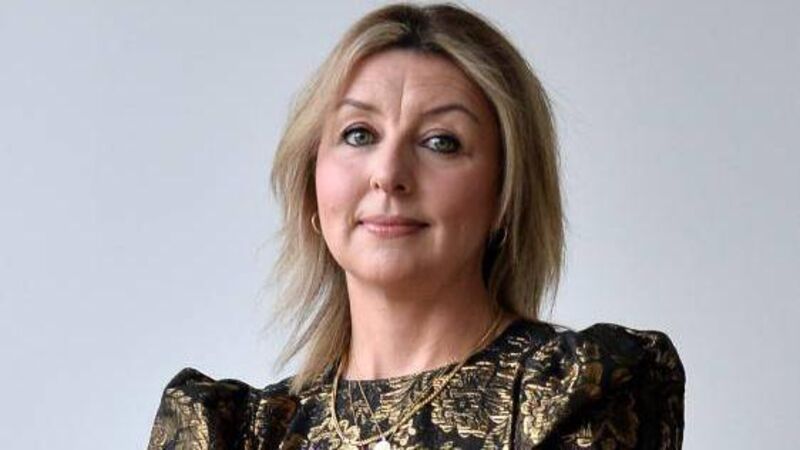Edel Coffey: In my mind, as long as I’m alive, I’m still in my prime

I was thinking about being in your prime during a recent bout of horizontal thinking. Horizontal thinking is what I call that particular brand of self-reflection that happens when you’re lying in bed wide awake in the small hours of the morning. As a form of entertainment, my mind presents me with a carousel of topics, ranging from a quick run-down of the stupid things I said that day to the tiny amount of money left in my bank account with 17 days to go until payday.
Once those things are helpfully out of the way, my mind will then bring out the big guns, the topic designed to keep me awake until dawn starts to creep in through the curtains – the list of possible ailments that might secretly be killing me.






